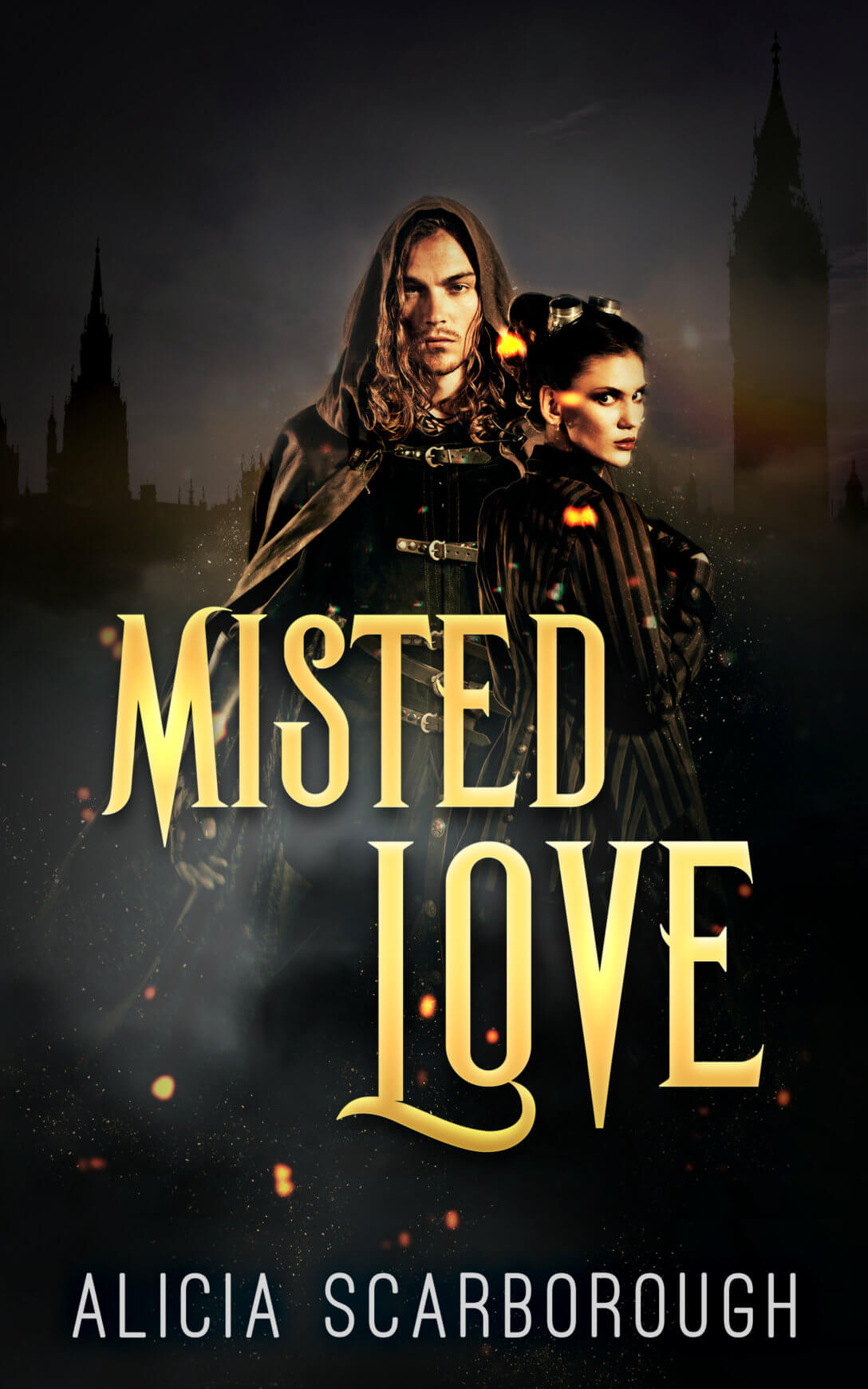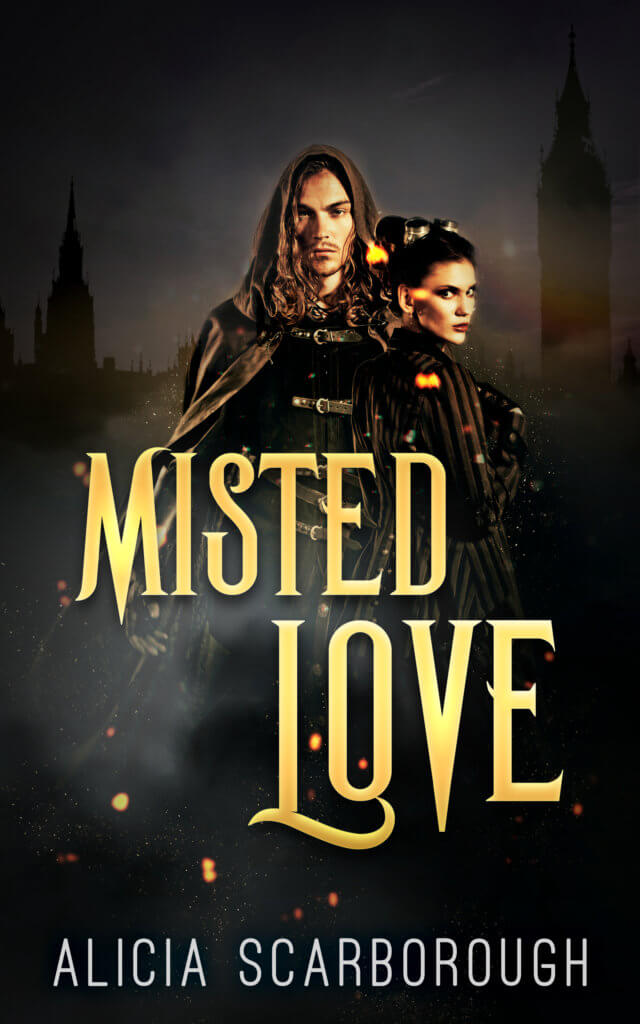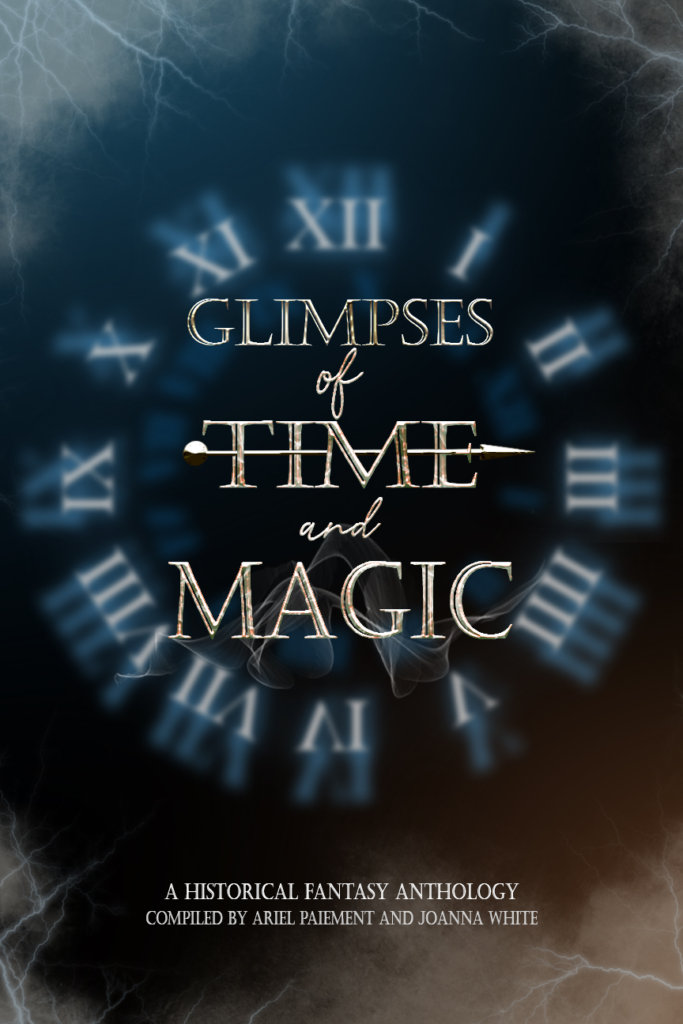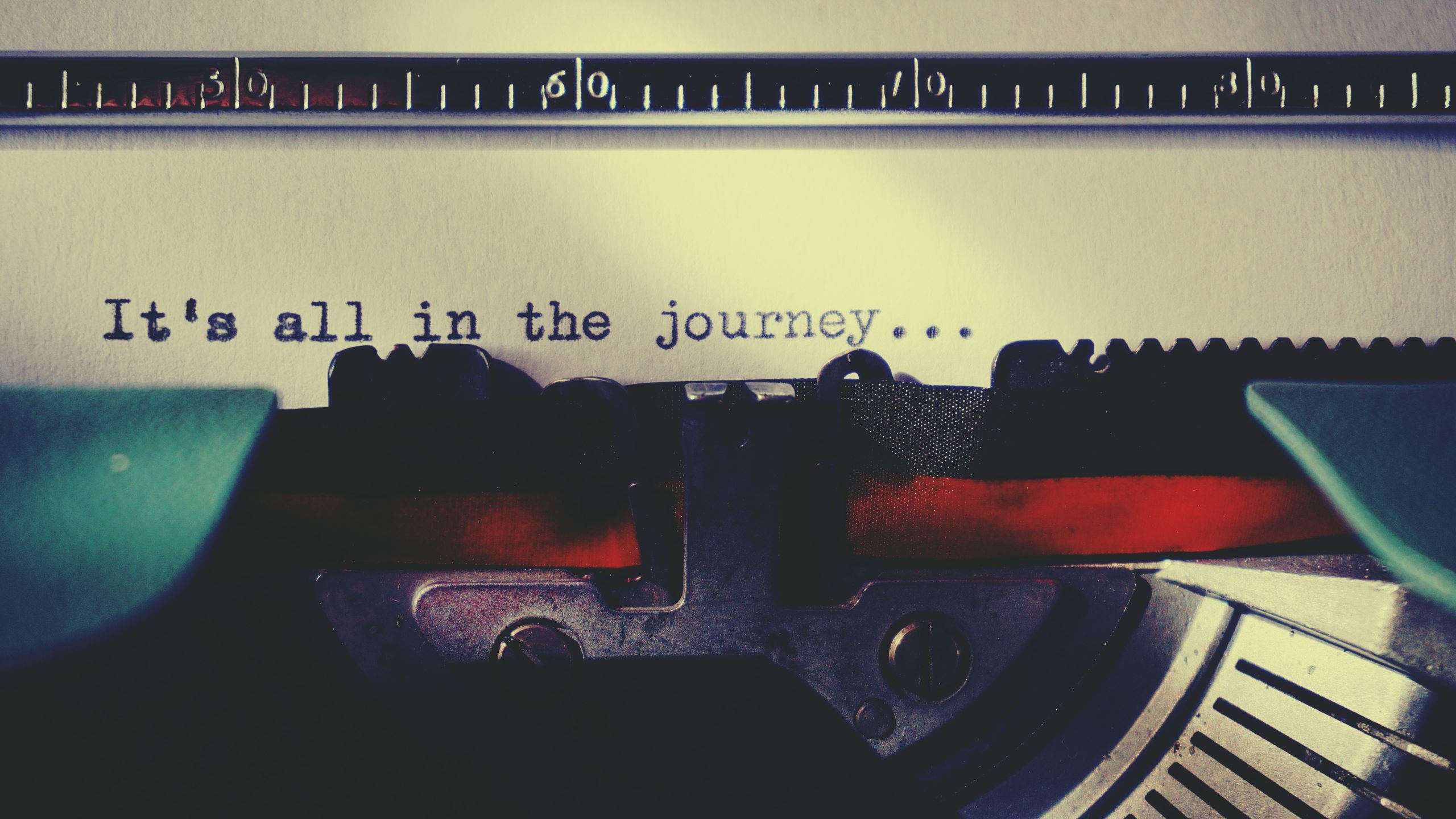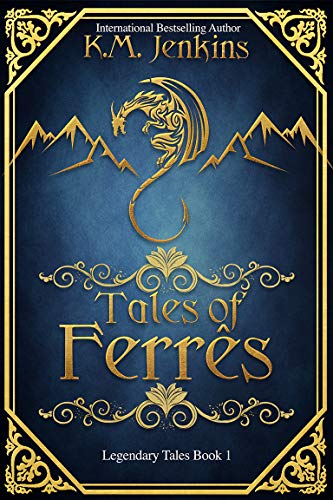Introduction
The topic of the American Revolution, the Civil War, and rebellion have all become rapidly circulated issues in today’s culture with everything going on. People would like us to believe that the American Revolution and the Civil War are miles apart, that rebellion is a good thing, and that the only reason the Civil War happened was because slavery. But are any these things true? That’s what we’re going to explore today as we dive deep into history and take a look at the facts on both the major wars fought on our soil, the parallels between the two, and the issues surrounding both.
The Matter of Jurisdiction and Rebellion
Before we can get into the parallels between the two wars and the issues pointed out in the introduction, we have to go over the topic of jurisdiction and authority and define rebellion. Too many Americans (and people in general) don’t understand this, but if you don’t understand these issues, then you can’t really understand anything that’s going to follow in this discussion, nor are you fully able to comprehend the intent of the Founding Fathers or our Constitution.
Hence, we see a breakdown of American ideals and society, and we see an increase in the numbers of people who want to liken seizure of city blocks by a mob to the American Revolution. We hear more and more comparisons of riots to our country’s founding or to the Civil War, and while there may be some argument for this on the grounds of the second war in that we haven’t in all the time that has passed managed to improve our attitudes since it occurred, the argument for the first is baseless due to these principles.
So what is jurisdiction? Jurisdiction is the realm of authority afforded to each sphere of life. The spheres of life are family, government, and church. (I know many non-Christians would argue me on this point, but I can get into why the Christian viewpoint is the one that we must reason from on matters of morality–which rebellion is–in order to have any validity at some other point. This is not the point or the forum for it.) Within those spheres of life, certain realms of authority have been given by the Creator, who is above all earthly authorities.
For example, the government has no authority to regulate how you teach or raise your children (with the exception of certain scenarios such as clear abuse of a child, which requires a higher authority to step in and help). They overstep these bounds all the time in modern day society, but the Bible is clear that within the home, it is the responsibility of the parents to teach, raise, and train children in the way they should go. They are wards of the parents, not the states.
Likewise, the church has no authority to tell the government to run the country, and the government has no God-given authority to force the church to worship or not worship in a prescribed way. Oh, they can arrest those who choose to worship in a way that goes against state wishes, as they do in China, but they have no authority to tell Christians not to worship God because we answer to a higher authority, that being God, and we are to obey God’s laws rather than man’s if there is a conflict between the two. So while there will be persecution and consequences for doing the right thing, we do it anyway because the highest authority of all, from whom all other authorities derive their power, commands our loyalty.
Why does this matter? Because there are clear dictates to jurisdiction. In many cultures, authority figures have chosen not to bind themselves by their own laws. Western civilization is unique in this regards because there is a contract between us and our rulers that states our rulers must abide by our laws just as much as we must. This gives us recourse when they break their end of the contract. Understanding this is essential if you’re going to understand either the American Revolution or the Civil War. But we’ll get to that in a few.
Western Civilization and the Contract of Authority
As I said earlier, Western civilization is unique because there is a stated contract between our rulers and we the people that they will do A, B, and C in exchange for us doing D, E, and F. That’s the whole basis of our Constitution. It is an agreement by our rulers with us that all of us will abide by the rules, whatever those may be, and that no one is above those laws. When a ruler steps outside of the bounds of authority established in that contract, they are in violation of the agreement and are no longer exercising rightful authority.
In the case of a country without this sort of contract, then whatever the authorities do, with the exception of choosing to try to stamp out God’s church and His worship, is rightful authority as they have given no such promise to their people to abide by any given set of rules. Therefore, though they may do many, many heinous things, any uprising on the part of their people would be, in fact, a rebellion and therefore unacceptable on the part of any Christian who is following the Scripture. This doesn’t mean Christians won’t disobey a law if it requires them to break God’s laws, which are higher than any civil law on Earth, but it does mean they will have no part in fighting a war against the authorities and will accept whatever punishment accompanies their decision to obey God rather than man.
So how are the American Revolution and the Civil War not rebellions? Because of two very important documents and what they said. Let’s start with the document that gave the American Revolution the status of a war of self-defense, not a war of rebellion.
The Magna Carta
The Magna Carta was a document that laid the foundation for the entire system of British law. It was agreed to in June of 1215 and was an agreement between King John of England and the nobles representing the English people, who were at the time revolting, at least in some areas. It established some basic liberties and the agreement that not even the king was above the English law.
This important document along with the individual charters that colonies had with England formed the backbone of the American Revolution. During the years leading up to the American Revolution, the king was ignoring both the Magna Carta and the individual charters established with the colonies. Had the colonists been in England, their rights as English citizens would never have been so blatantly disregarded, and so they wrote letter after letter and sent representatives to plead with the king and Parliament to hold their part of the deal in all cases, not just in the instances where it benefited them.
King George III and Adding Fuel to Fire
Instead of addressing the concerns, which would have kept the peace and kept the colonies as part of Britain, the king and Parliament ignored them. They continued to pick and choose when to follow their own laws, thereby invalidating the contract by which they held authority. Since they wouldn’t honor their own agreement, it became invalid, and the colonies sent the Declaration of Independence. In a nutshell, that declaration was saying, “You won’t follow your own laws, you won’t treat us like citizens, and so we declare that we do not recognize your wrongful authority nor are we going to continue behaving as if we are citizens when you do not view us as such.” Obviously, the language was much prettier when Jefferson wrote it, but the point was the same.
Essentially, as King George III continued to add fuel to the fire, the colonies finally seceded from Britain. We like to think of it as a grand rebellion for freedom, but it wasn’t. We declared our independence with no violence. After doing so, we appointed our own leaders as any new country would and we kicked out the ones who had invalidated their authority. Most of that was still not violent unless soldiers from Britain wouldn’t leave colonists’ homes, in which case the colonists defended themselves. But that was still self-defense, not rebellion, because Britain had invalidated its own authority and jurisdiction.
The war began when Britain decided to treat the colonies as rebels instead of ex-citizens. They attacked the newly formed coalition of colonies, and the forming country defended itself.
The Constitution
This document formed the backbone for the Civil War in more ways than one. The finalized and superior form of law after the Articles of Confederation we first tried failed, this important document regulated what could and could not be done legally in America. We continue to use it today, though more and more lawmakers try to twist it and often get away with doing so. But in the days leading up to the start of the Civil War, this had not yet begun.
Granted, there was major hypocrisy in how we applied the terms of the Constitution and the Declaration of Independence’s statement on the matter of liberties for all men. We as a country had the ugly issue of slavery to deal with if we were to address the issue of hypocrisy that had become so ingrained in our nation by the time of the Civil War. Some illogical (and, if the Constitution were fully followed, illegal) compromises were made to deal with the tension between the two segments of the country–North and South–on this issue. But nonetheless, we had the Constitution, and it governed our laws underneath its umbrella.
Secession and the Constitution
How did this come into play during the Civil War? Prior to any shots being physically fired, segments of the South had already chosen to secede if Lincoln were elected. He won the election with not a single Southern state supporting him. While the hot button issue was slavery, it is worth noting that some states had a secessionist attitude over anything they felt stepped on their toes, not just slavery.
North Carolina, in particular, had been an issue for past Presidents even when no violations to the contract (the Constitution) between states. But regardless of the issues they were arguing over, the fact of it is that secession at that point remained an option. The Constitution did not forbid this right to the States, and so, even if their reasons for doing it were to preserve slavery, which they perceived as absolutely necessary to their existence, the South had the right to leave.
This in no way means that they were right for wanting to keep their slaves. That was a dark blot on the promises the Constitution made. It was inexcusable, wicked, and disgusting. It never should’ve happened, and the Founders had planned for it to fade out. When it didn’t, we ended up with a lot of unexpected problems, and sadly, our leaders on both sides didn’t deal with it in a way that was morally correct. Had they done so, they would’ve freed the slaves (indentured servants included in this since most were treated just as badly, sometimes worse, than slaves) and made sure that those individuals went through the process to become citizens like anyone else or were sent back to their countries of origin. Instead, they went to war over it before we even fired a shot in the Civil War, and the South developed a siege mindset long before a true war even erupted.
But, despite the poor decision-making, wrongful behavior on the parts of many individuals, and a sickening practice of enslaving fellow human beings, the States all had the right at that time to leave the Union. Legally, they should have been allowed to go.
Lincoln and Adding Fuel to the Fire
Lincoln’s election, through no fault of his own, added fuel to the fire. If he had stopped at that being the only thing he did to add fuel to the fire, then he would be blameless in this whole affair. Instead, he blatantly stated in his inaugural address that he was treating the newly-seceded states, which were to form the first part of the Confederation, as rebels. They were not, according to our Constitution, rebels. Thus, after Lincoln declared the Union would force them to return to and stay a part of the Union, the seceded states began preparing for war. They organized further militia forces beyond what was normal the individual States to maintain and prepared to be forced to defend their land and their choice to secede. More states joined them and the fledgling country as the months led up to the Civil War and Lincoln continued to throw fuel on the fire.
He refused to meet with any representatives of the new coalition of states, much like King George III had done, because he wouldn’t recognize them as their own country. He utterly refused to acknowledge their right to leave, regardless of the reason, and insisted on treating them as rebels as opposed to a new country trying to work out the issues between themselves and the neighboring country. Then he further added insult to injury by sending supply ships to a Union Fort in the middle of their territory without asking permission to pass through their borders. Had it been any other country or circumstance, this would have been considered unacceptable, and firing on the ship and fort would’ve been acceptable since the ship wasn’t declared or given permission to pass borders. Instead, Lincoln thought it was fine because he viewed them as rebellious states still in the Union, not as another nation. Why shouldn’t he be able to send his ship anywhere he pleased in his country, right?
To be fair, there were miscommunications on both sides in the issue of Fort Sumter, and those misunderstandings led to many of the issues that resulted in the fort being fired on, but Lincoln’s antagonistic, dismissive behaviors led to the boiling point, and the war began.
To be fair, there were miscommunications on both sides in the issue of Fort Sumter, and those misunderstandings led to many of the issues that resulted in the fort being fired on, but Lincoln’s antagonistic, dismissive behaviors led to the boiling point, and the war began.
Similarities between the American Revolution and the Civil War
Some of the similarities should already be readily apparent from our earlier discussion on jurisdiction, authority, and rebellion. But let’s go over them more clearly and state a few additional similarities that I have come across in the research I’ve done on the two wars.
Rebellions?
First off, neither was a rebellion. In fact, I would call both wars of self-defense, even if, in the case of the Civil War, the first shot fired was over a miscommunication. If you look at how both wars were fought, both were fought on the soil of the newly-independent country, predominantly or entirely. Neither of these wars’ defendants were interested in seizing territory from the other side as a policy. They simply wanted to leave quietly and be left alone to govern their own affairs.
Fought on the Defendant’s Soil
Most of the war in the case of the Civil War was fought in border states that had been split in half between North and South or in Southern territory. The Confederate States were utterly destroyed by the war and Lincoln’s determination to overrun them, run roughshod over their choice to leave, and force them to return to the Union. In the end, he succeeded, but he cost both countries enormous losses of life and cost the Confederacy a great deal of the infrastructure they did have. The war only further entrenched the siege mentality the Confederate States had and confirmed their worst fears that they wouldn’t be allowed to leave.
In the case of the American Revolution, it was fought entirely on American soil, and we fought, just as the Southerners did, to defend home and family. While the American Revolution didn’t have the cause of slavery added into the mix to make the war appear “unrighteous” on the part of those who seceded, it and the Civil War are similar in that the war only started when the new countries were threatened or outright attacked by the countries they seceded from.
Given this is the case, the American Revolution would be more accurately termed the American War of Self-Defense, and the Civil War would be more accurately termed the Confederate War of Self-Defense. After all, the American Revolution was not a revolution in the true definition of the word, nor was the Civil War a Civil War because it was between two countries, not one that was split. You can’t have a civil war if the war isn’t between citizens of the same country, and no matter how much Lincoln wanted to ignore the Constitution’s terms, the South had legally left and declared themselves no longer citizens of the Union, so it wasn’t a situation of citizens of the same country fighting.
Struggles Against Wrongful Authority
Since both wars were fought between countries who operated with the Western form of government, which involves contracts that both parties most follow to have authority or to be governed, both the colonies and the Confederate States were fighting against wrongful authority. As mentioned earlier, the colonies were fighting against a government that was not following its own contract and laws. The Confederate States ended up fighting a war against the Union because its leader and government chose not to honor their contract, which allowed the Confederate States to do what they had done and secede. In both cases, the governments that had previously governed them violated their contracts and therefore were exercising wrongful authority when the wars erupted. This directly leads back to the reasons why neither were, in fact, in rebellion.
Conclusion
To round out this history discussion, let’s go back to the beginning. The issues I proposed as questions were that the American Revolution and the Civil War are miles apart, that rebellion is a good thing, and that the Civil War was about slavery alone or predominantly. So looking over what we discussed, here are the facts.
- The American Revolution and the Civil War were in fact vastly similar. Both were wars of defense against wrongful authority, and both were fought in a mainly defensive manner, supporting their claims that they just wanted to leave in peace.
- Rebellion is never acceptable from a Christian worldview. Those who promote it are wrong to do so, and a Christian espousing a rebellion is doing so in direct violation of myriad commands to respect authority.
- The Civil War itself was not about slavery. The South seceded over slavery, but the war happened because the North broke away from the Constitution and treated them as rebels for leaving. Their cause for leaving? Entirely unjust, but legally allowable. Their cause for fighting the war? Entirely justified because the North had no right to disregard the usual courtesies expected for passage between nations and the parleys that would occur between both. So while there were certainly problems and hypocrisies in that time of our nation, the war itself was neither a civil war nor was it acceptable for Lincoln to decide to get us into a war because he wanted to force them to stay. That was the move of a dictator, just as King George III’s behavior was, not that of a ruler abiding by the laws he and the rest of his government agreed to be bound by through a contract with those around them. Had he treated them as an opposing country and tried to conquer them like Germany did to France or other countries through history have, he might’ve been given some leeway, but he didn’t, and so, while he might not have been a bad man personally, he was nonetheless a dictator who chose to ignore the rules he was required to operate under by law.
I know many people would argue with these conclusions, but facts are facts. While no situation is every fully black and white, particularly with wars, the facts that lead to us being able to declare something a rebellion or a war of self-defense are not. Those distinctions lie solely in facts and definitions, whether we like it or not. Though we shouldn’t disregard or marginalize the uglier sides of history or try to pretend they were justified, let us also avoid declaring those on the losing side entirely unjust in their defense of themselves or in declaring the winners justified simply because they have won. This is what we have done when it comes to our country’s history, and while it is commonly understood that the winners write the history books, we cannot be a people who disregards truth or fact in favor of emotion and perception simply because the latter is more favorable. To do so is to destroy our very foundations and ourselves, and this is exactly what we have chosen to do in modern society.
We have not improved or moved away from the very same attitudes that inspired the Civil War in modern society. There is still a desire on various sides of the issue to ignore history, ignore our country’s founding principles in favor of whichever flavor of hypocrisy we prefer, and to demonize the other side simply to support our own. If we wish to have another war where we split into two countries, this is the path to follow. But if we want to learn from history, avoid its same mistakes in present day, and finally move past what was done in the past, then we’re going to have to be honest about the facts. I hope today’s exploration into the background on these two wars has been informative and beneficial.


